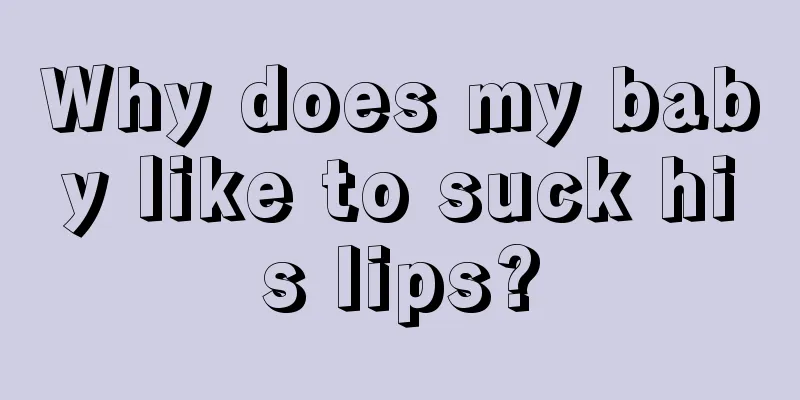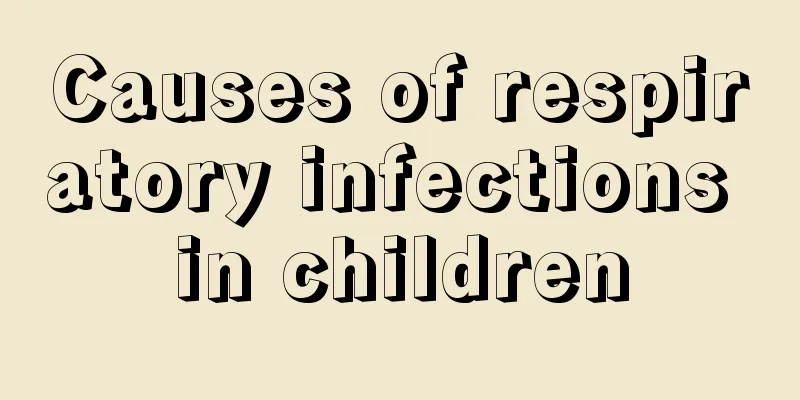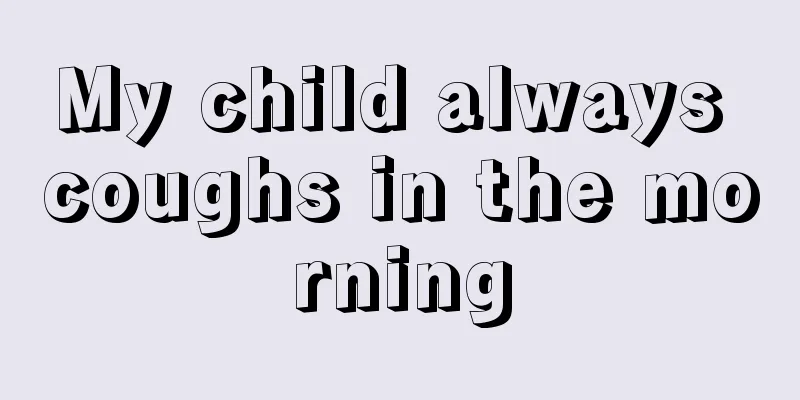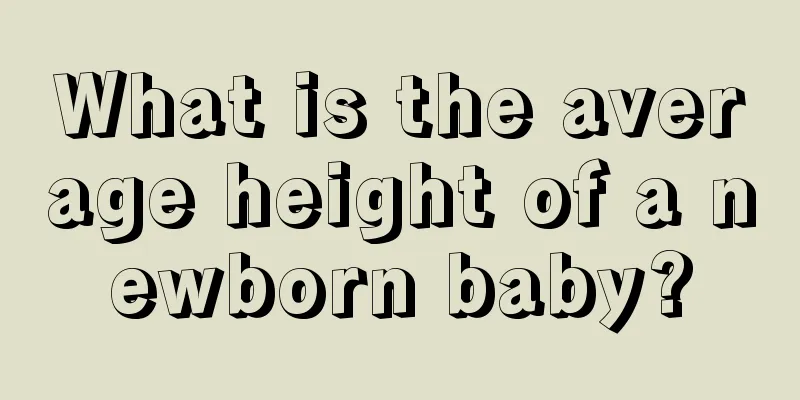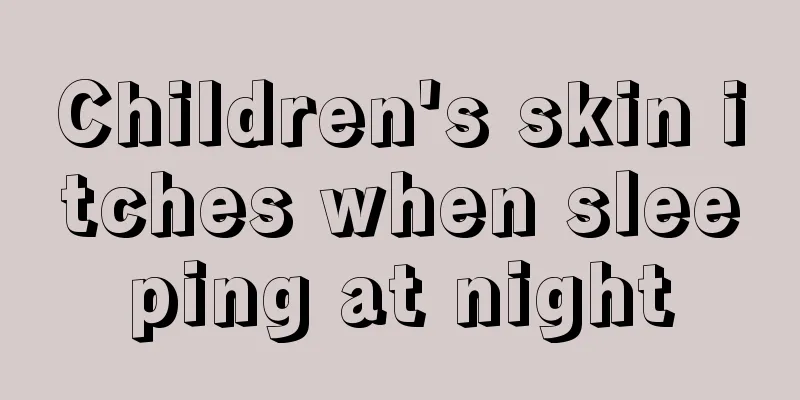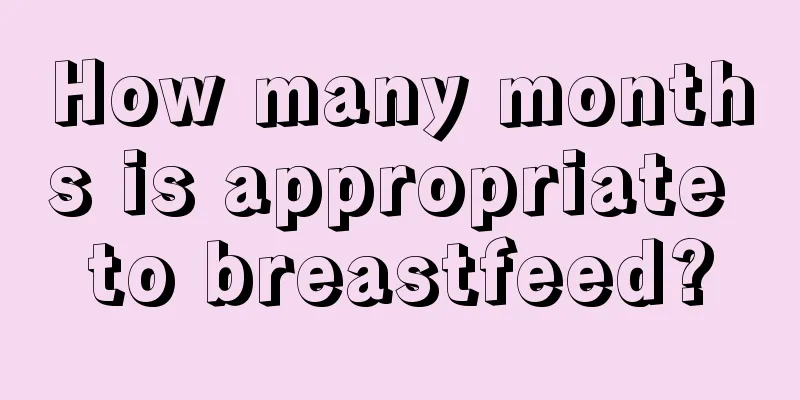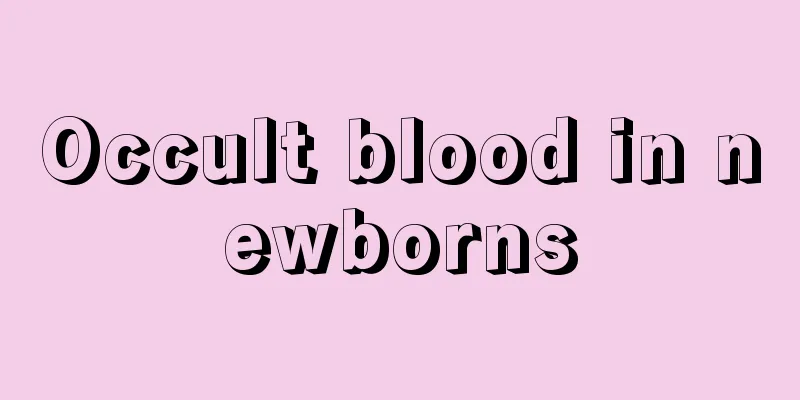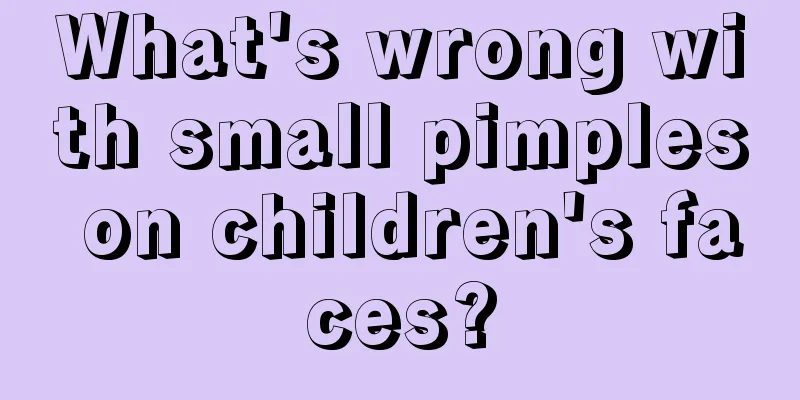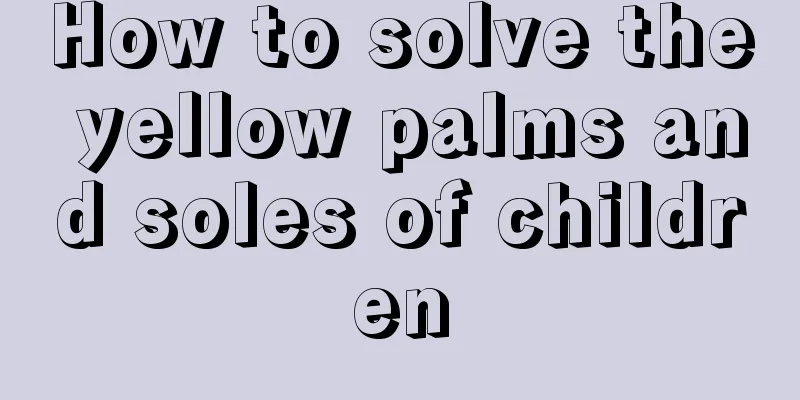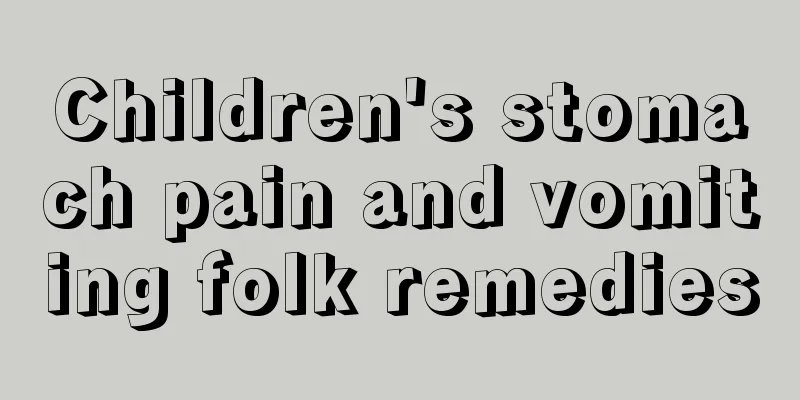Brain cysts in children
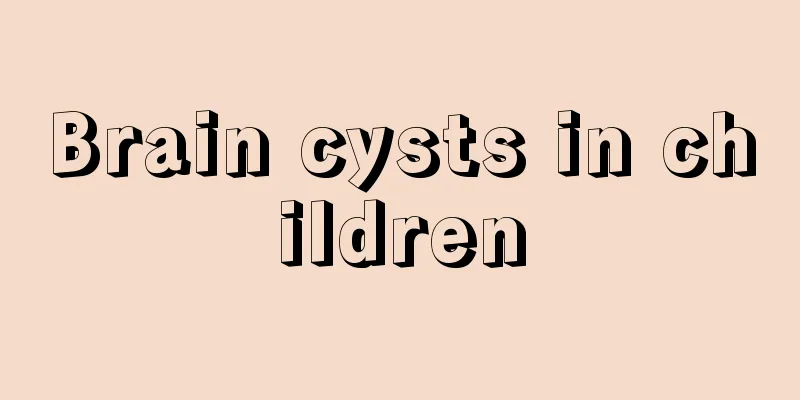
|
We all know that children are the fruit of every family's happiness, so the physical health of children is always on the mind of every parent, especially when children are young. Because they cannot speak and have weak resistance, they are prone to various diseases. Childhood brain cyst is a common brain disease in children. So, if a child suffers from childhood brain cyst, how should it be treated? Brain cysts generally refer to arachnoid cysts, which are bag-like structures formed by cerebrospinal fluid-like cysts surrounded by the arachnoid membrane. There are two types: congenital and secondary. The former is the most common arachnoid cyst, and the latter is caused by intracranial inflammation, craniocerebral trauma or after surgery. Clinical manifestations The clinical manifestations are related to the location of the cyst. Common locations include: lateral fissure, pontocerebellar region, temporal pole, quadrigeminal region, cerebellar vermis, sellar region and suprasellar region, between bilateral hemispheres, cerebral apophysis, slope, etc. Most lesions show symptoms in early childhood, including: symptoms of increased intracranial pressure, such as headache, nausea, vomiting, drowsiness, etc.; epilepsy; skull bulge; space-occupying effect causing local symptoms or signs. Suprasellar cysts can also manifest as hydrocephalus, developmental delay, precocious puberty, visual impairment, etc. The condition worsens due to cyst rupture and bleeding into the cyst or subarachnoid space. examine 1. Head CT findings The extraparenchymal cystic tumor has smooth borders and no calcification, and its density is similar to that of cerebrospinal fluid, without obvious enhancement. The adjacent skull bones are bulging and deformed. Convexity or middle cranial fossa cysts may compress the ipsilateral ventricle and cause midline shift. Suprasellar, quadrigeminal cistern, and posterior cranial fossa cysts may compress the third and fourth ventricles, leading to hydrocephalus. 2. Brain MRI findings T1 is low signal, T2 is high signal, and there is no enhancement of the cyst wall. treat Arachnoid cysts without mass effect or mass do not require treatment regardless of their size or location, but they should be followed up regularly. Surgical treatment is mostly used for patients with symptoms and cyst tension. Surgical methods include cyst peritoneal shunt, endoscopic cyst drainage and cyst wall resection, and craniotomy to remove part of the cyst wall to connect the cyst to the surrounding brain cistern. |
<<: Children with roseola have been exposed to the wind after the rash appeared
>>: Children's recipes for nourishing and moistening the lungs
Recommend
What should I do if my child has urticaria and fever?
Urticaria is a very common skin disease, of cours...
What does dental pit and fissure sealing mean?
Maybe many people don’t know about dental pit and...
What is the definition of premature babies?
We all know that women have to go through ten mon...
What’s going on if my baby has phlegm in his lungs? How to treat it?
Colds and fevers are one of the biggest health th...
Why is my seven-month-old baby's face yellow?
Babies of a few months old will look very cute, w...
What is the best treatment for sinusitis in children?
Sinusitis is a disease that often occurs to us. I...
What should I pay attention to when my 1-year-old baby has bronchial pneumonia?
Bronchopneumonia in one-year-old babies is what w...
What should I do if my child has head lice? Parents can do this
Although lice on children's heads is not a se...
What should children with tics not eat?
When a child suffers from tics, parents should ta...
Two-year-old baby development indicators
Ten months of pregnancy and one day of delivery e...
How old can babies swim?
Newborn swimming is a popular lifestyle nowadays....
Is it a disease if a baby suddenly shakes while sleeping?
Babies should be very quiet when they sleep, unli...
Child growth and development
Every baby comes into this world with God's b...
Can a three-month-old baby use air conditioning?
Summer is the season when babies are most likely ...
What are the treatment methods for tonsil suppuration in children?
Children's bodies are relatively weak. If the...
